The TAGDev 2.0 Egerton University Cohort 1 students, together with the program secretariat, paid an insightful visit to Rehema Farm in Mai Mahiu, Nakuru county Kenya. Rehema Farm is a model farm that has adopted organic farming & climate smart agricultural practices transforming arid lands into a highly productive venture. The visit provided the students with hands-on experience in organic farming, soil health management, and ecosystem restoration.
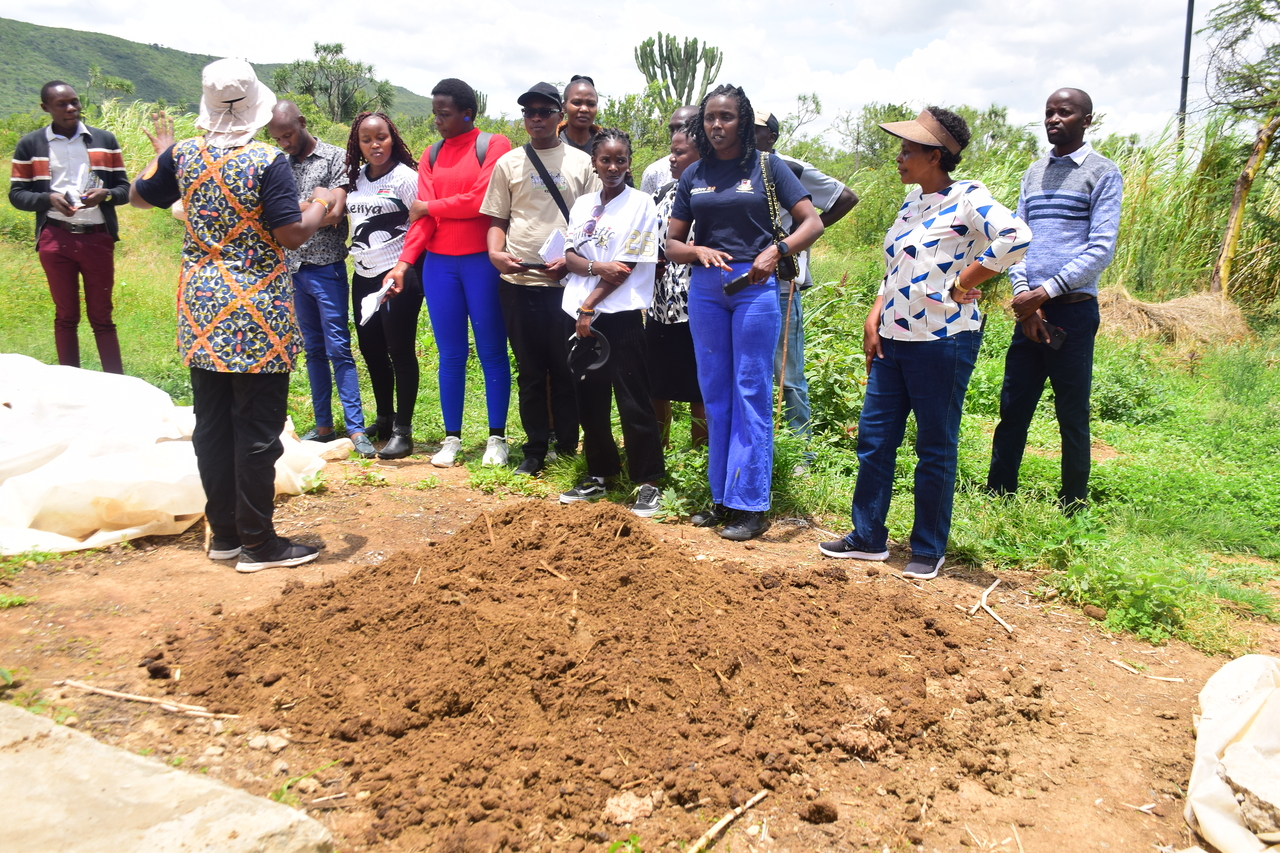
Rehema Farm, founded in 2017, is a testament to resilience and innovation in agriculture. Established on what was once barren, salt-ridden soil, the farm has flourished into a thriving oasis through agro ecological principles. The students’ visit to this remarkable farm was an opportunity to witness firsthand how regenerative agriculture can restore soil fertility, improve biodiversity, and promote sustainable food production.
Upon arrival, the students were warmly welcomed by the farm’s founder, Sylvia Kuria, who passionately shared her journey of transforming the once unproductive land into a model farm. She emphasized the importance of soil health, explaining how tree planting, minimal tillage, composting, and organic matter enrichment have played a critical role in rejuvenating the land. Through these methods, the farm has recorded a significant increase in soil organic matter, fostering better crop yields and sustainability.
The students participated in an engaging farm tour, where they observed various organic farming techniques in action. They learned about the role of nitrogen-fixing trees in creating a microclimate conducive to farming, the benefits of integrating animals into the farming system, and how cover crops help retain soil moisture and protect the soil microbiome. Additionally, they saw firsthand how organic composting techniques contribute to soil enrichment and plant health.
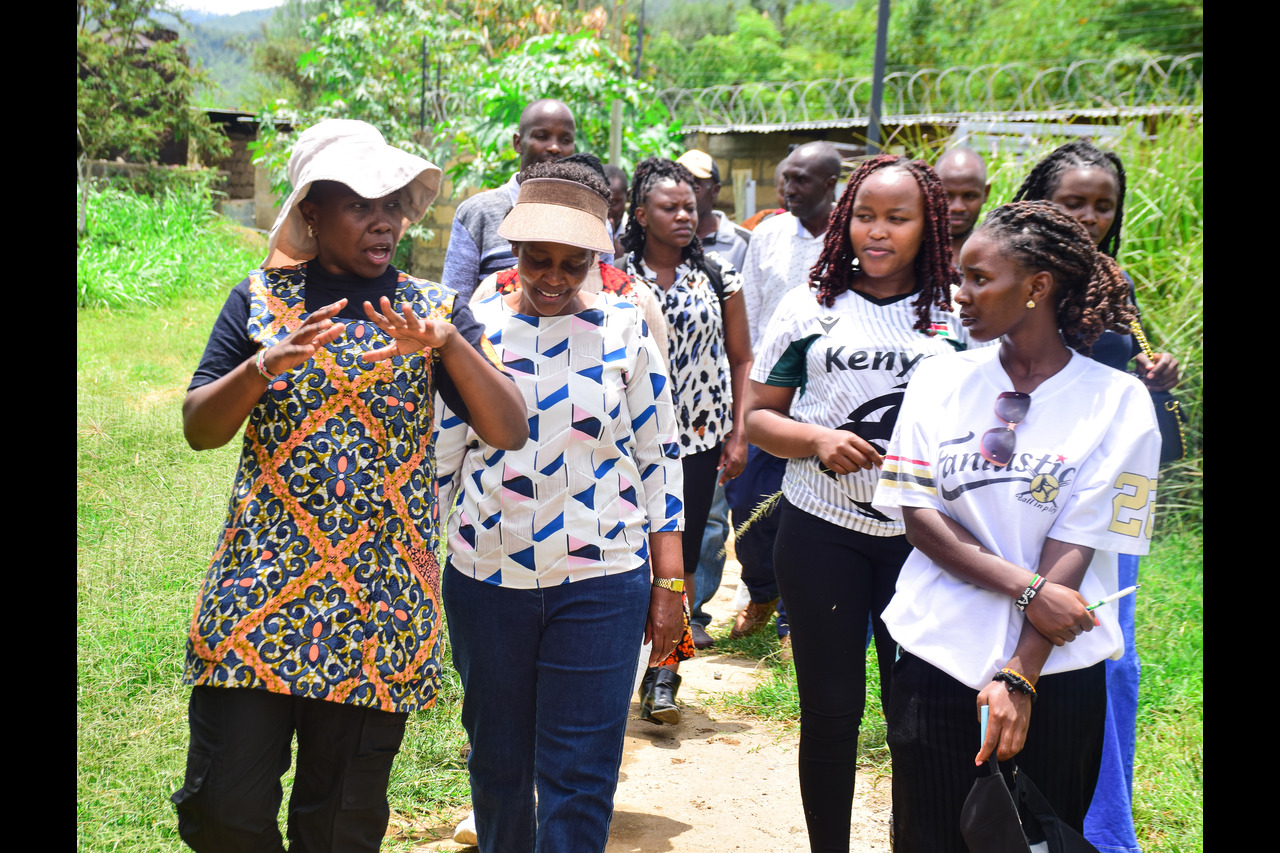
One of the key highlights of the visit was the discussion on the importance of biodiversity in farming. Rehema Farm has successfully created a balanced ecosystem where pests are naturally controlled, reducing reliance on chemical pesticides. The students were fascinated by the increase in biodiversity, with over ten bird species now thriving on the farm due to improved soil and plant health.
Reflecting on the experience, many students expressed their newfound appreciation for organic farming and its potential to revolutionize agriculture in dry areas. “Seeing the transformation of this land has been an eye-opener. It proves that with the right techniques, even the most challenging environments can be productive,” remarked one student.
The visit to Rehema Farm was not just an educational tour but an inspiration for the next generation of agricultural leaders. By witnessing the success of regenerative farming, the students left with a renewed commitment to championing sustainable agriculture in their future careers. With determination, innovation, and proper techniques, arid lands can be turned into breadbaskets, ensuring food security and environmental sustainability for future generations.
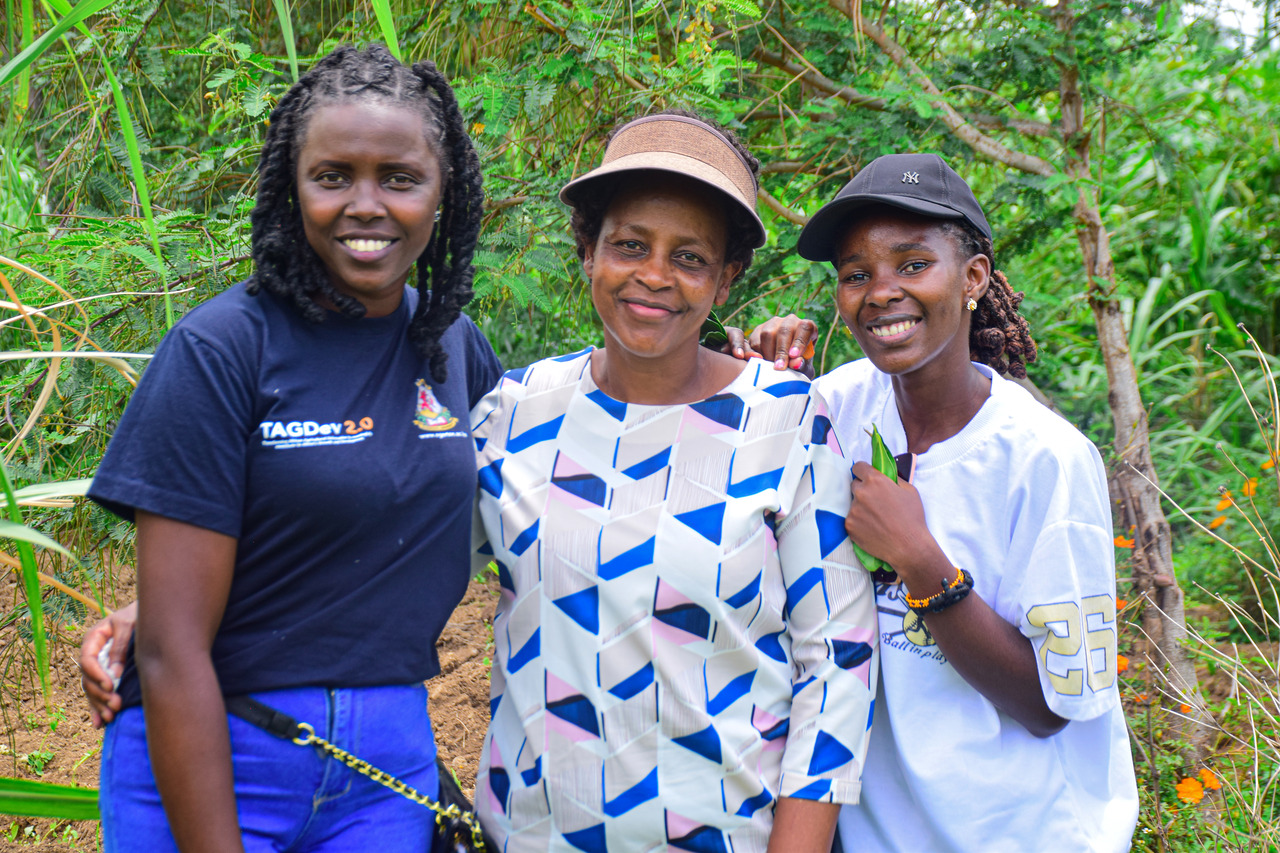

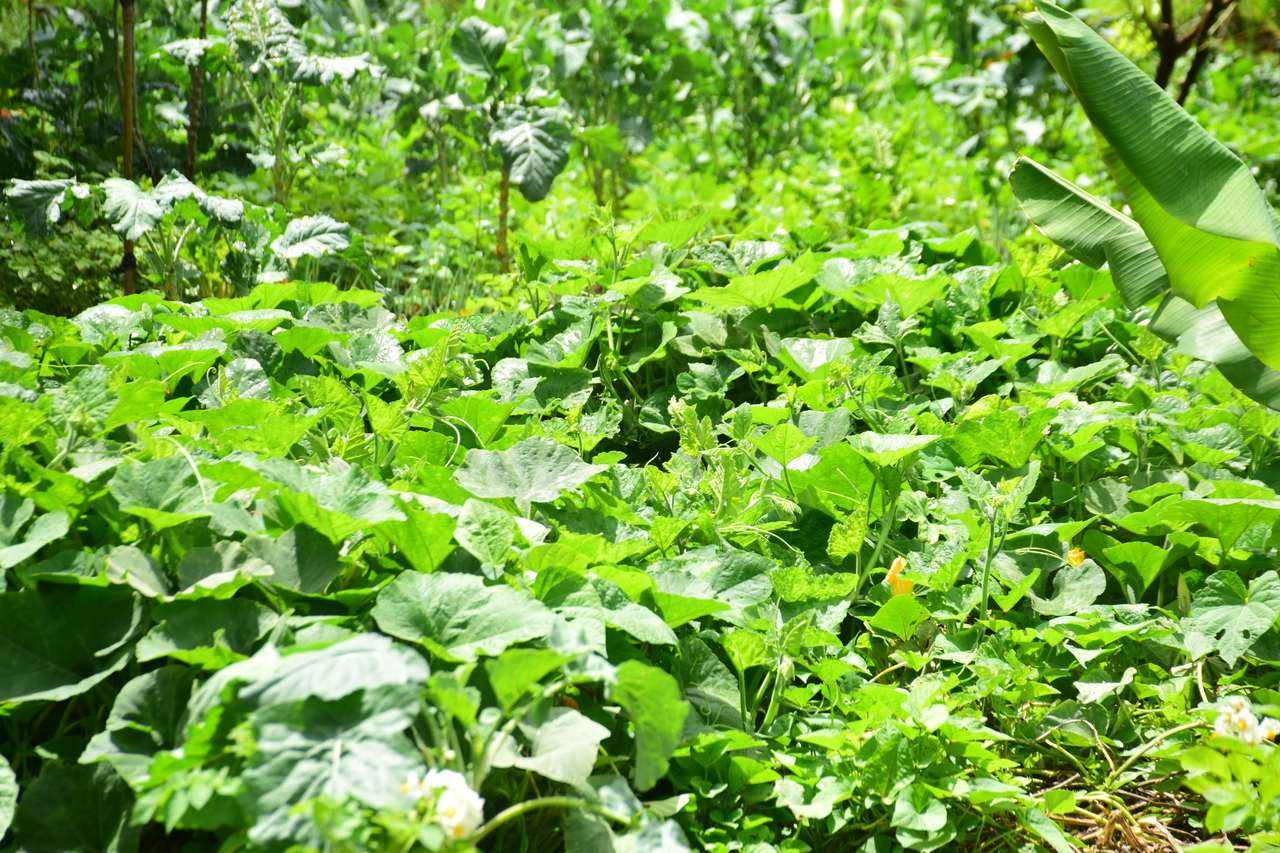
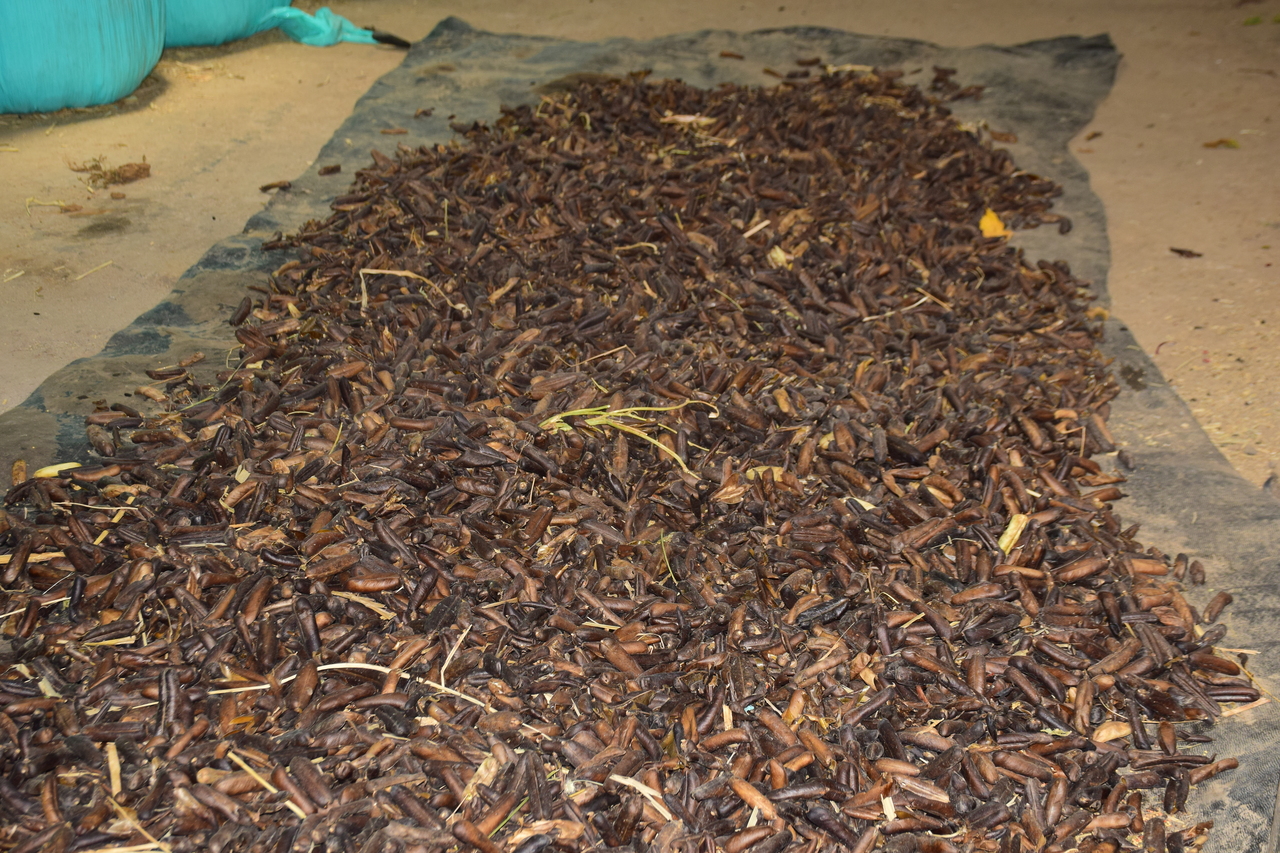
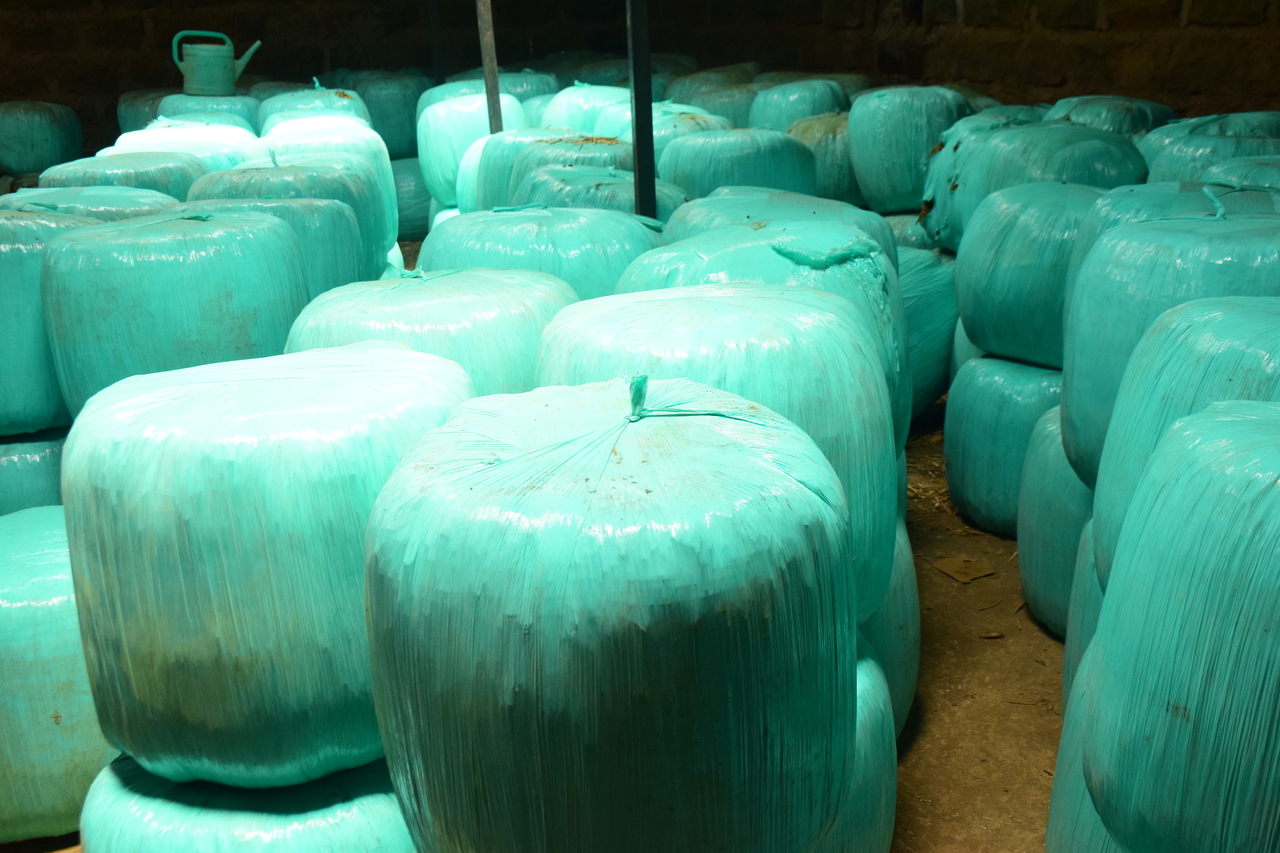
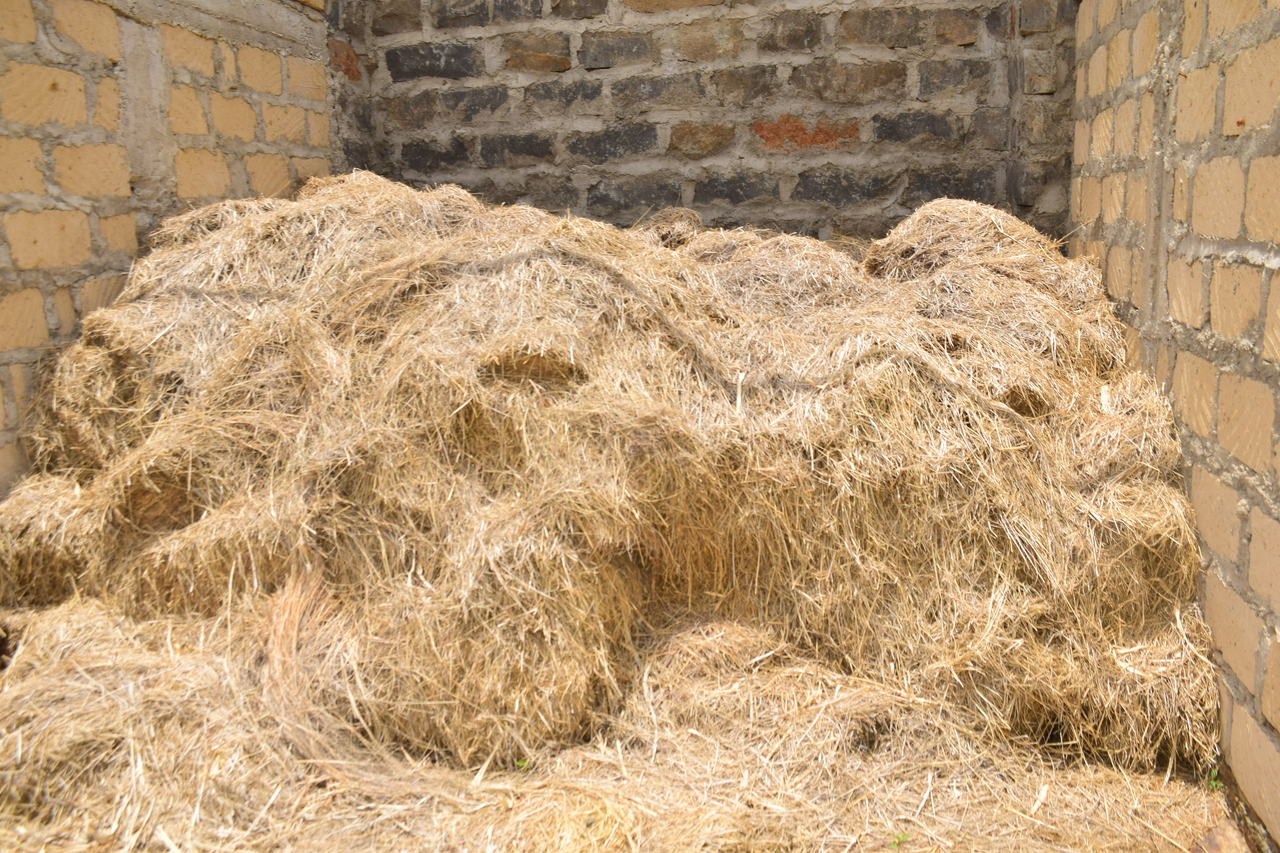
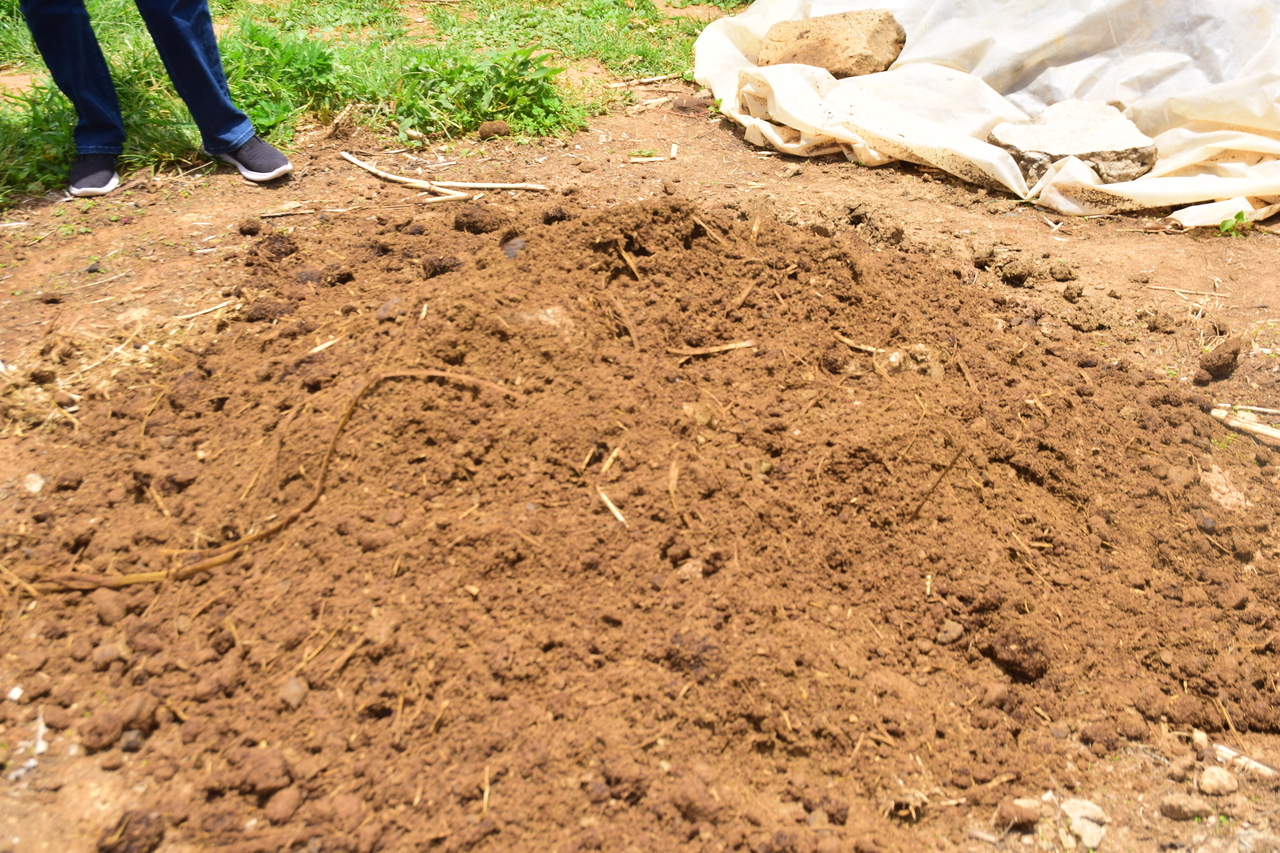
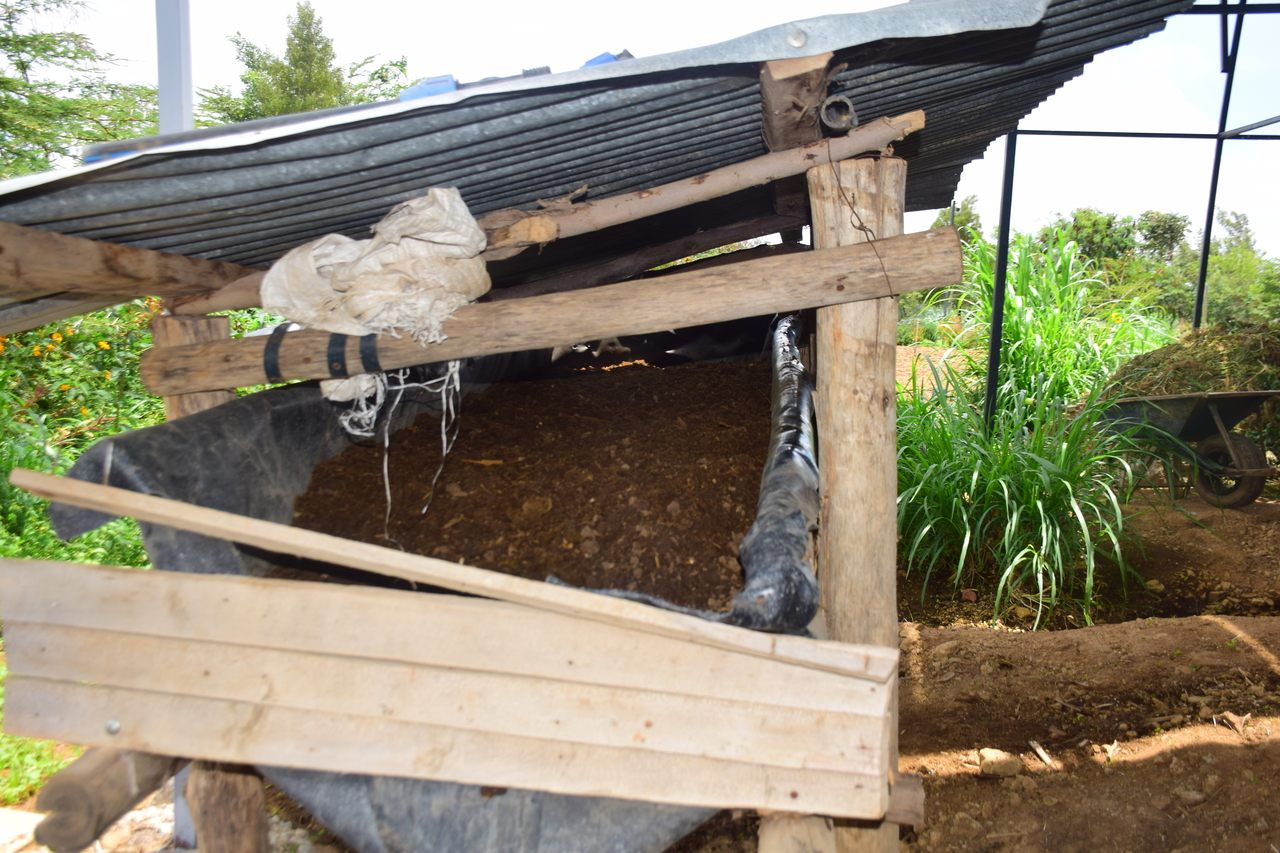
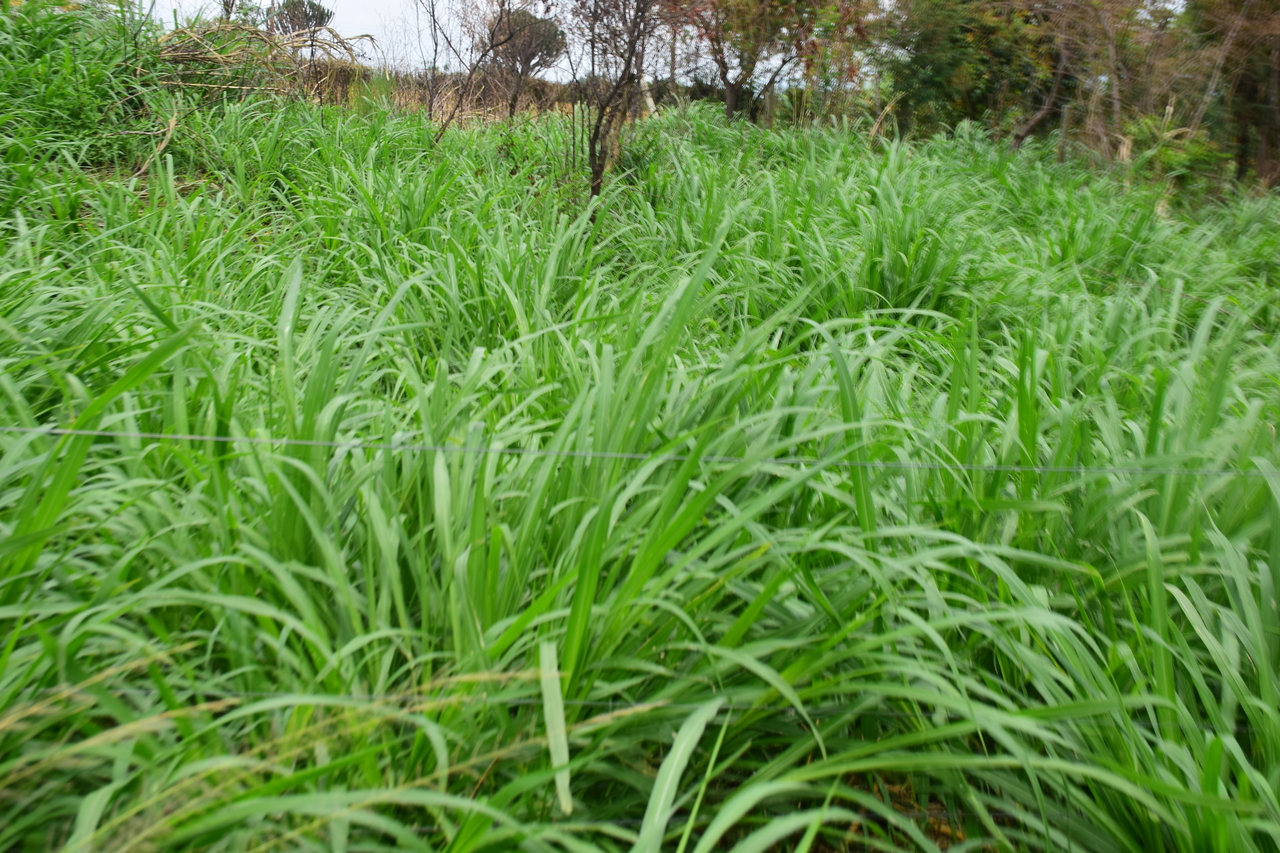
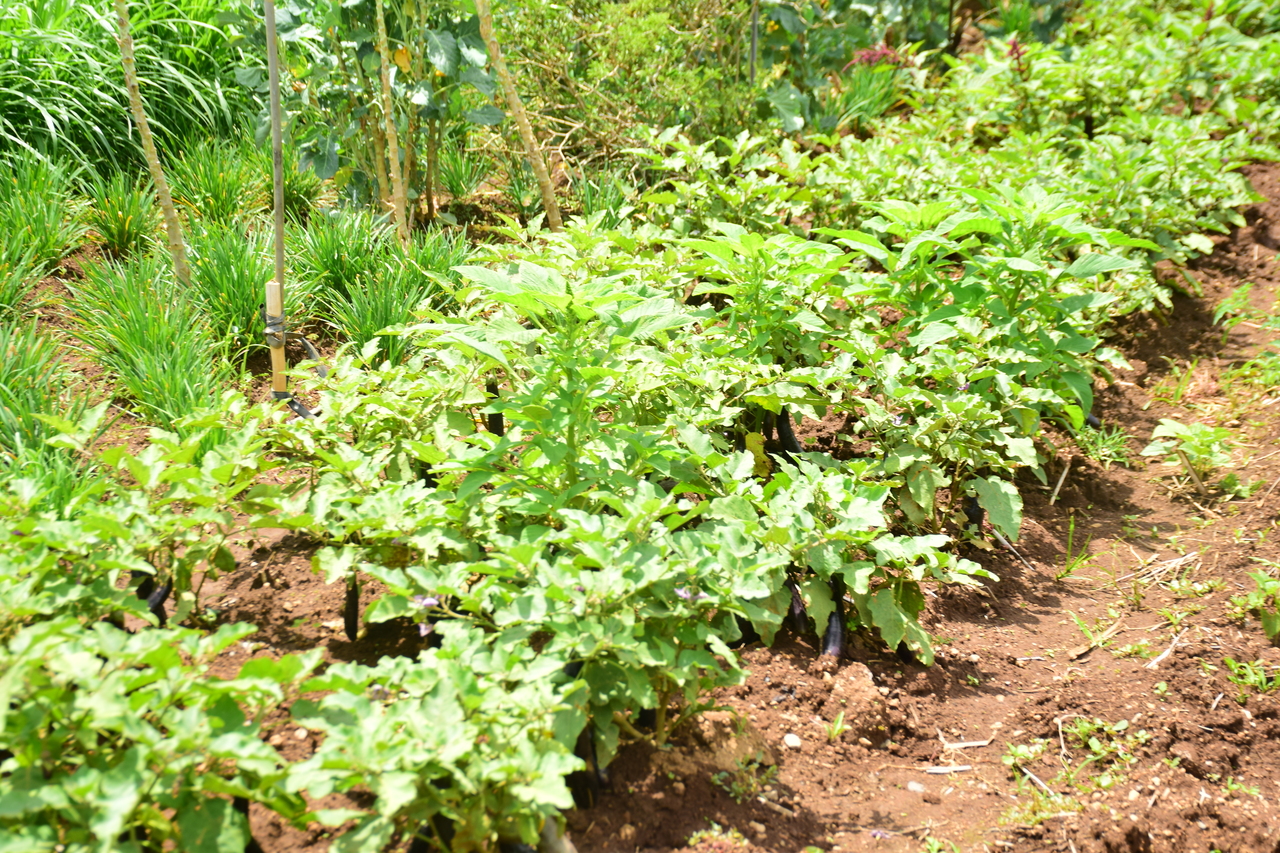
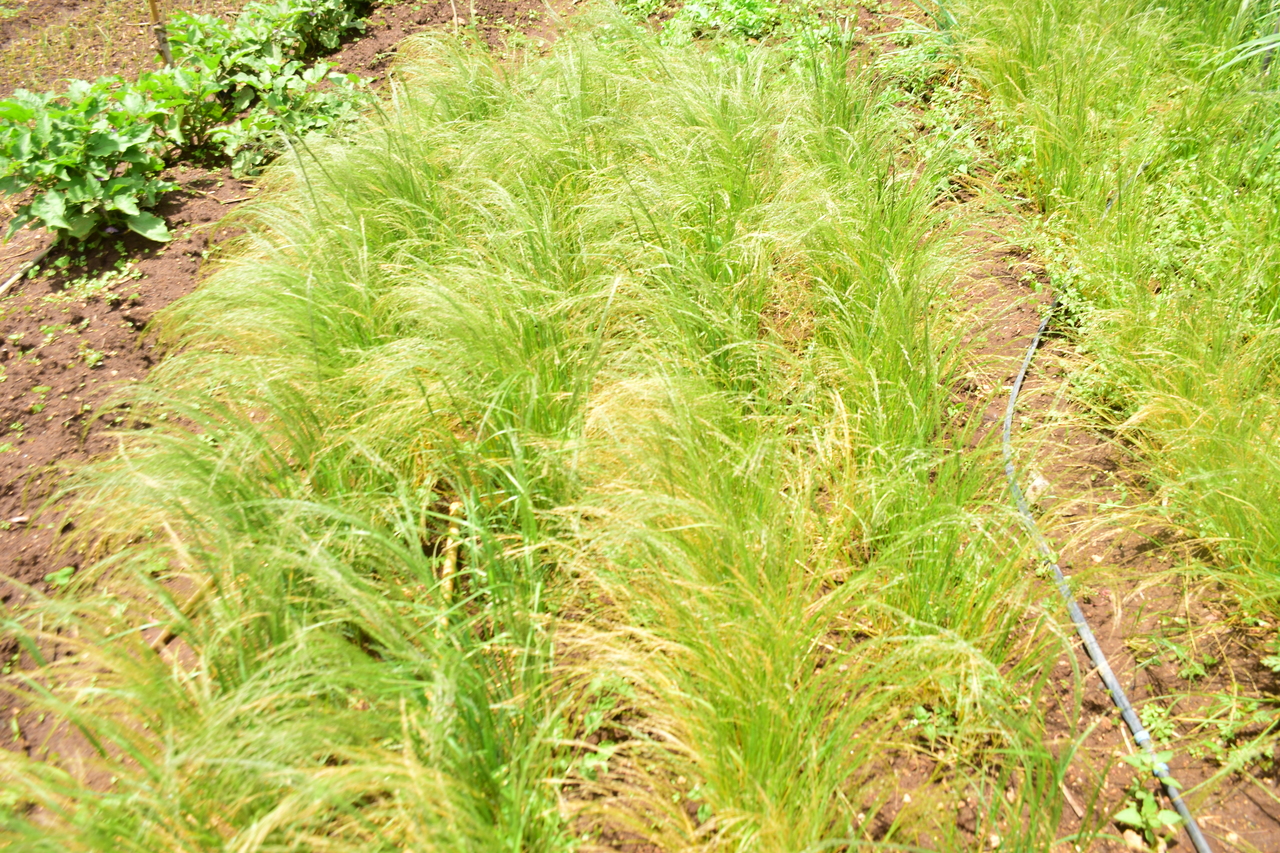
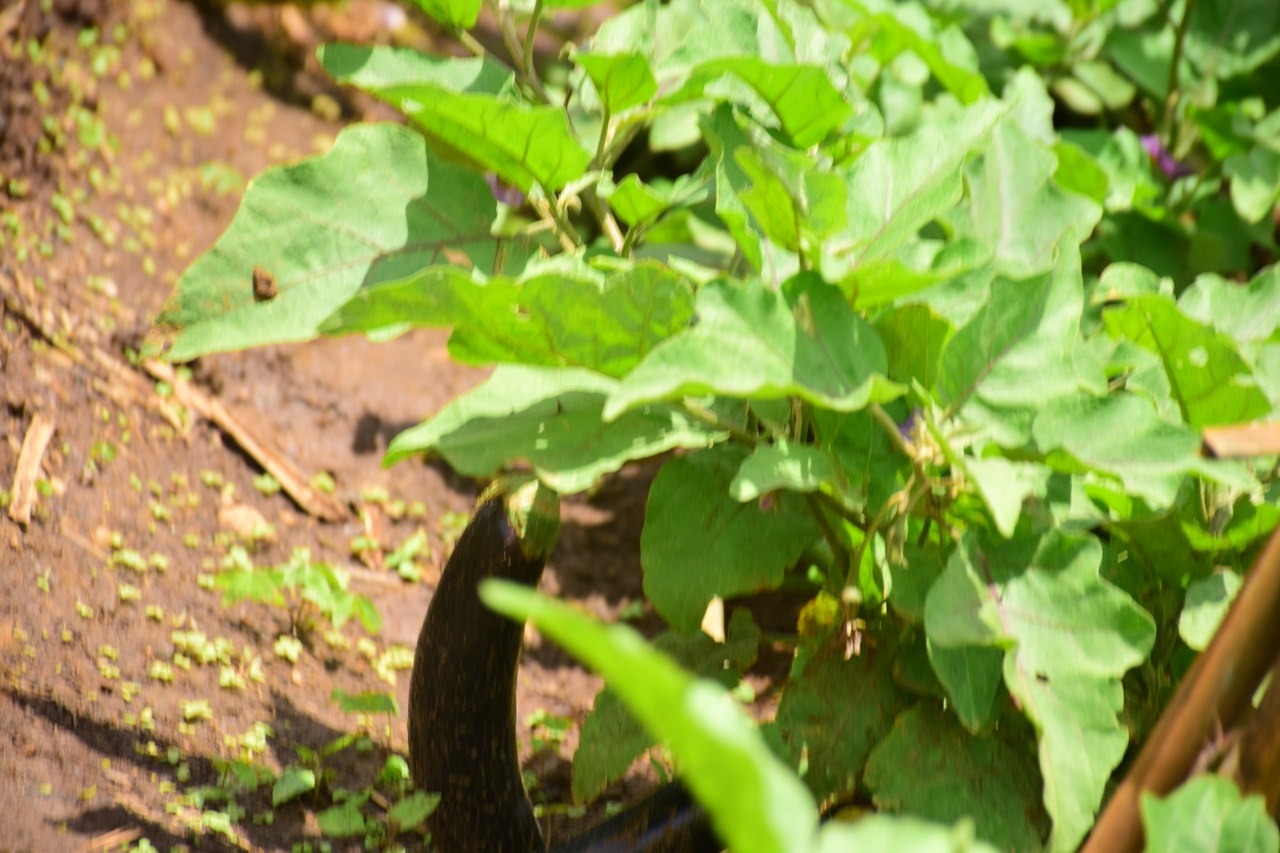
Written By:
Ian Kamau.
Communication Intern, TAGDev 2.0 Program, Egerton University


